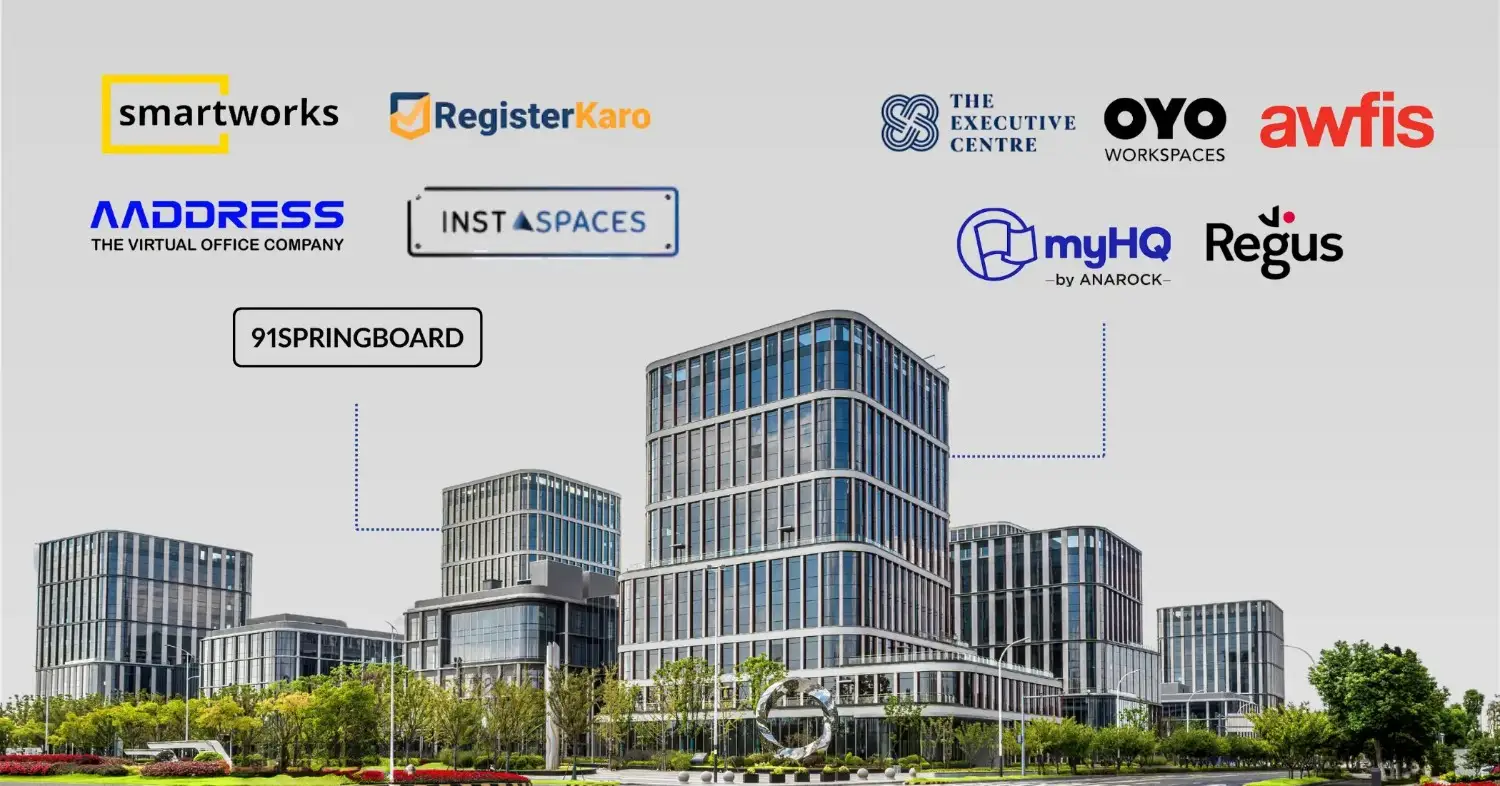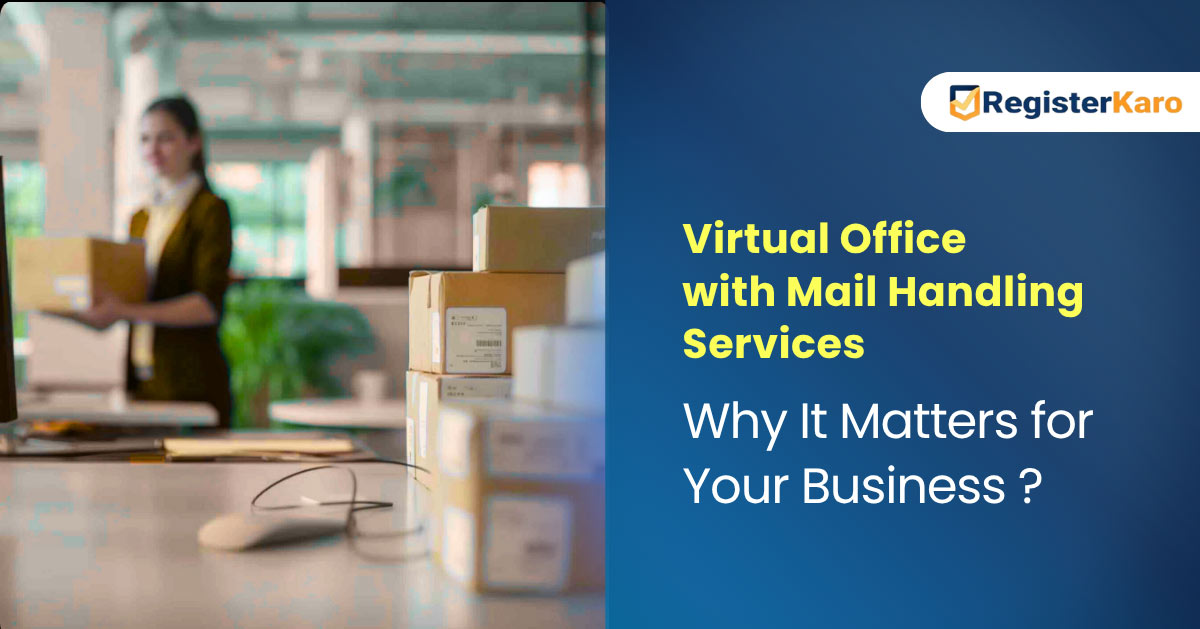A virtual office in India is a business solution that gives companies a professional address without renting or owning a physical workspace. It includes services like mail and courier handling, call forwarding, access to meeting rooms, and compliance-ready documentation.
This model helps businesses reduce costs, work flexibly, and maintain a credible presence in the market. Startups, freelancers, and expanding companies gain the benefits of a real office address while avoiding heavy rent and infrastructure expenses.
In Delhi, this approach is becoming increasingly popular as the city embraces digital transformation and cost-efficient business practices. These factors highlight why virtual offices are becoming the preferred choice for modern businesses in Delhi:
- The Delhi government has moved many property and rent registration services online, making compliance faster and more transparent. For Delhi-based incorporations, the Registrar of Companies (ROC), Delhi & Haryana, is the authority. This shift supports businesses that use virtual offices for GST and ROC documentation.
- Over 100 Delhi government departments now operate on the e-Office platform, driving a paperless, digital-first environment. Virtual offices align perfectly with this transition, offering businesses flexibility, cost savings, and tech-ready support for future growth.
How a Virtual Office Works for Business?
A virtual office cuts costs and keeps your business compliant. It builds trust, smooths communication, and removes the need for costly rentals. Here’s how the virtual office services in Delhi work:
- Gives you a prime business address for GST registration, ROC filings, and client confidence.
- Manages mail and courier services, scans documents, and forwards them on time.
- Provides reception support to answer calls and handle client queries in your company’s name.
- Offers meeting rooms or coworking desks only when needed, keeping expenses low.
Note: GST officers may visit for inspection. Only registered virtual offices with valid documents like NOC, rent agreement, and utility bill are accepted.
Virtual Office vs. Traditional Office: Which is Better?
Delhi is one of India’s biggest hubs for startups, SMEs, exporters, and freelancers. The type of office you choose directly affects your costs, flexibility, and credibility. Here’s how virtual and traditional offices compare:
| Factor | Virtual Office | Traditional Office |
| Cost | Low monthly plans; pay only for needed services | High rent in prime locations |
| Location/ Address | Prime business addresses like Connaught Place, Nehru Place, and Saket | Requires leasing full office space in commercial hubs |
| Flexibility | Work from anywhere, use meeting rooms when needed | Fixed location, limited flexibility |
| Compliance Support | Provides GST-ready documents, NOC, rent agreement, and mail handling | You handle GST, ROC filings, and mail yourself |
| Professional Image | Gives a credible business presence without a full-time office | A full office gives a tangible presence, but costly |
| Scalability | Easy to scale up or down as the business grows | Expanding requires renegotiating the lease or moving |
| Setup Time | Immediate setup, usually within 24–48 hours | Takes weeks to find, lease, and furnish an office |
| Operational Overheads | Minimal, only pay for services used | High utility bills, maintenance, and staffing costs |
| Ideal For | Startups, freelancers, e-commerce, and home-based businesses | Established companies needing full infrastructure |
Note: Virtual offices are legally valid for GST and ROC registration if they provide the required compliance documents. Always ensure your provider is authorised and GST-accepted.











